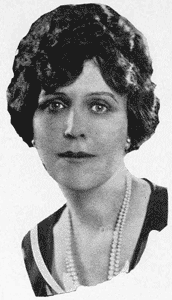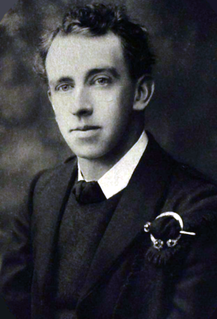A Quote by Ralph Waldo Emerson
The sign and credentials of the poet are that he announces that which no man foretold
Quote Topics
Related Quotes
A sign, or representamen, is something which stands to somebody for something in some respect or capacity. It addresses somebody,that is, creates in the mind of that person an equivalent sign, or perhaps a more developed sign. That sign which it creates I call the interpretant of the first sign. The sign stands for something, its object. It stands for that object, not in all respects, but in reference to a sort of idea, which I have sometimes called the ground of the representamen.
One of the surest tests of the superiority or inferiority of a poet is the way in which a poet borrows. Immature poets imitate mature poets steal bad poets deface what they take and good poets make it into something better or at least something different. The good poet welds his theft into a whole of feeling which is unique utterly different than that from which it is torn the bad poet throws it into something which has no cohesion. A good poet will usually borrow from authors remote in time or alien in language or diverse in interest.
One more royal trait properly belongs to the poet. I mean his cheerfulness, without which no man can be a poet,--for beauty is his aim. He loves virtue, not for its obligation, but for its grace; he delights in the world, in man, in woman, for the lovely light that sparkles from them. Beauty, the spirit of joy and hilarity, he sheds over the universe.
These were specific enablements given to certain believers for the purpose of authenticating or confirming God's Word when it was proclaimed in the early church before the Scriptures were written. The temporary sign gifts included prophecy (revelatory prophecy7), miracles, healings, tongues, and interpretation of tongues. The sign gifts had a unique purpose: to give the apostles credentials, that is, to let the people know that these men all spoke the truth of God. Once the Word of God was inscripturated, the sign gifts were no longer needed and they ceased








































